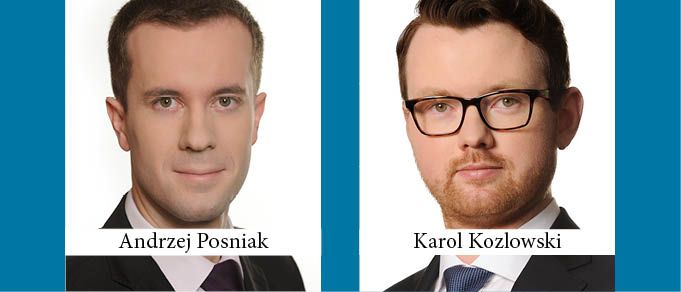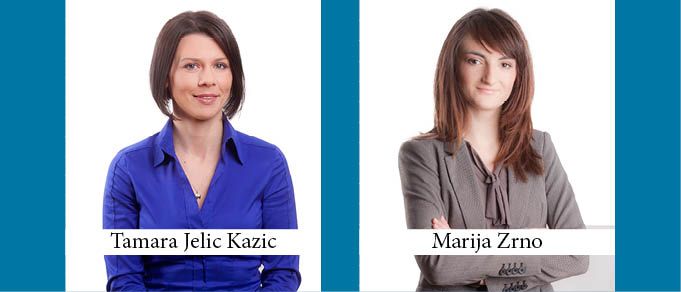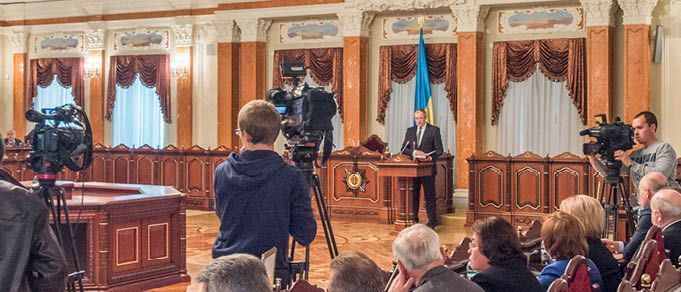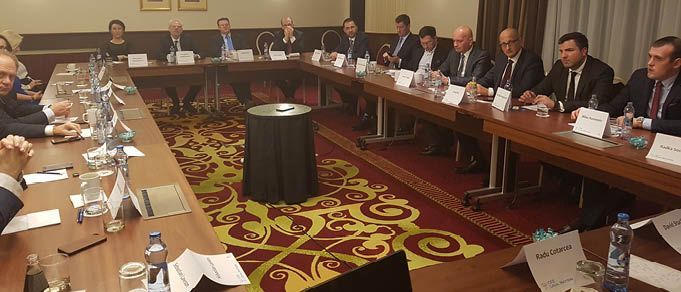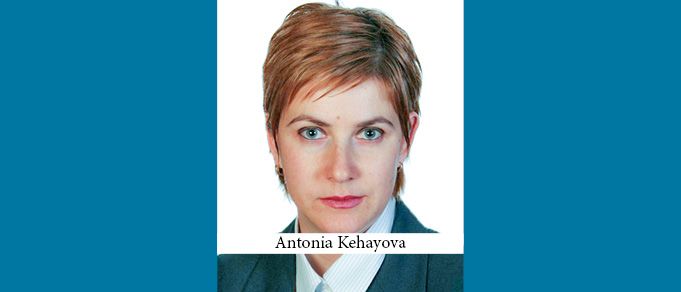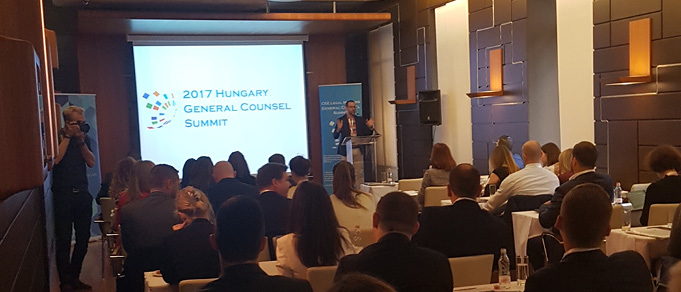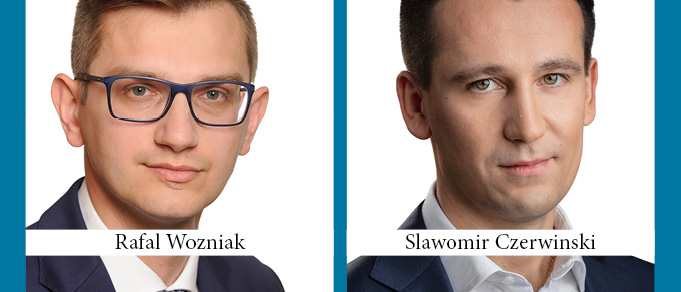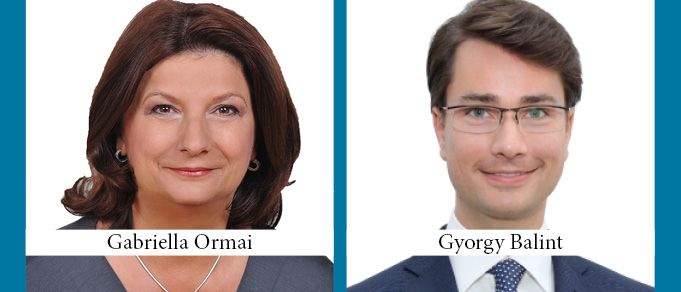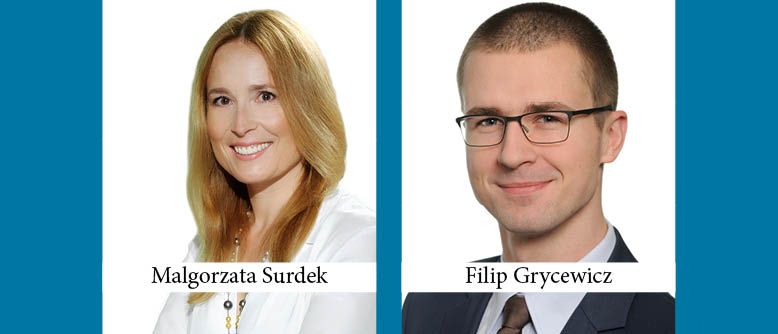The traditional methods of tax audits and tax litigation in Hungary will soon be a matter of the past, as three new codes have recently been adopted by Parliament and will come into force on January 1, 2018. Naturally, they are a hot topic in the industry.
New Dimension of Taxation in Poland
The current government campaigned before the elections with the slogan “Plugging leaks in the tax system,” and it is now trying to achieve that goal by focusing its efforts on fighting harder against VAT fraud, counteracting aggressive tax optimization in income taxes, and increasing the effectiveness of tax audits.
Tax Effects of Unfair Trading
Unfair trading is often referred to as the cause of crisis in various sectors, holding down small and medium enterprises. In practice, unfair trading is sometimes improperly confused with predatory pricing or distortion of competition. Unfair trading may also trigger serious tax implications.
Guest Editorial: Who Are You, Mr. Mentor?
I vividly remember my first deal ever. It was a debut Eurobond from a Russian corporate after the financial crisis in 1998. I was interning in the “summer boot camp” of a major ILF in Moscow right after the fourth year of my law studies. A first grip at a due diligence exercise, trying to understand what it was like to be a lawyer in private practice – not least to see if I actually wanted to be one.
Ukrainian Round Table: Judicial Reform in Ukraine
On August 17, a gathering of Dispute Resolution experts from many of the leading domestic and international law firms in Ukraine gathered in Baker McKenzie’s Kyiv offices for a Round Table conversation.
Guest Editorial: The Burden of a Lawyer
For many in this world the legal profession is nothing but an appealing vocation. One has to work hard for several years to get a law degree/admission only then to obtain a lavish lifestyle and earn big bucks.
The Corner Office: Your Favorite Question
In The Corner Office we invite Managing Partners at law firms across the region to share information about their unique roles. The question this time around: What is your favorite question when interviewing a job applicant, and why?
Experts Gather in Prague for CEE Legal Matters’ Annual Year-End Round Table
On Thursday, November 30th, leading legal practitioners from across Central and Eastern Europe gathered in Prague to help CEE Legal Matters celebrate its fourth successful year as the leading chronicle of the legal industry in the region, participating in an expert Round Table conversation about the year just concluded and enjoying an evening of dinner, drinks, and bonhomie.
Modernization of the Slovenian Civil Procedure Act
The most recent amendment to the Slovenian Civil Procedure Act (Zakon o pravdnem postopku, or “ZPP”) was issued in February 2017, with the amendments set to apply from September 14, 2017.
Burden of Costs in Civil Litigation in Bulgaria
The burden of costs in litigation has always been of great importance to people and companies deciding whether to bring a civil action.
Changes to the Arbitration Procedure in Russia: The Reform to Speed Up Legal Process
Russia is undergoing a rapidly-developing process of judicial reform aimed at unifying the different procedural rules of the two systems of Russian courts: those with so-called “common” jurisdiction and the “arbitration” courts.
2017 Hungary GC Summit Off to a Fast Start
The 2017 Hungary GC Summit is underway at the Boscolo Budapest Hotel in the Hungarian capital.
We Came, Warsaw, Warconquered: The Third Annual CEE General Counsel Summit Convenes in the Polish Capital
This year’s General Counsel Summit – the annual gathering of leading in-house counsel from across Central and Eastern Europe – convened in Warsaw, on June 1-2.
Inside Out: Advent International Invests in Integer.pl
The Deal: In February 2017, CEE Legal Matters reported that CMS had advised Integer.pl S.A. on the investment made into the company by private equity fund Advent International. Clifford Chance advised Advent International on the deal.
The Corner Office: The Least Favorite Thing
In The Corner Office, we invite Senior and Managing Partners at law firms from across the region to share information about their careers, management styles, and strategies. For this issue, we asked them to describe their least favorite part of their jobs.
Bulgaria’s Application of the ECJ’s Rules for Keeping Employment Relationships in Transfers of Undertakings
Employment relationships require special protection both at European and national levels. Although largely enshrined in European legislation, those protections remain subject to modifications to ensure efficiency and security of the employment process.
Labor Code Changes in Hungary Are Yet to Come
A number of changes to the Labor Code expected to come into force on July 1, 2017, will not do so. These amendments to the Code – which were submitted to the President of the Parliament by the head of the Economic Committee – would primarily have affected work-time scheduling provisions, making the Labor Code more sensitive to the needs of the improving economy and changing labor market. According to Parliament, the amendments would have significantly improved production for businesses over a period of six to seven years.
Dispute Resolution in Poland in 2017
As the first half of 2017 draws to an end, dispute resolution in Poland continues to face dynamic changes. This is due to numerous pieces of legislation being implemented as well as certain policy issues of the ruling party. We focus in this article on several trends or changes that our clients are struggling with or which might affect businesses in the foreseeable future.


